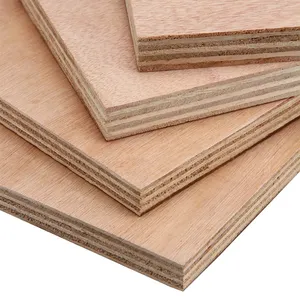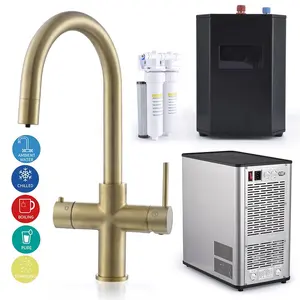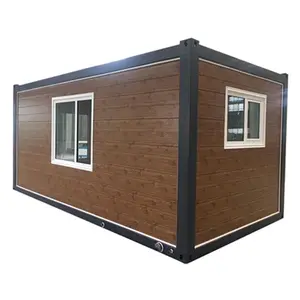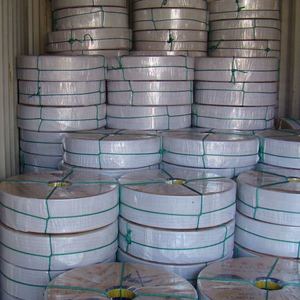Popular in your industry






































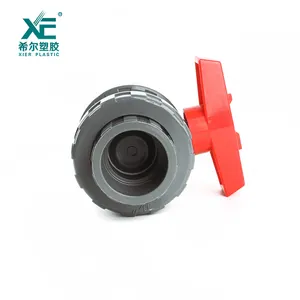



















Top categories
About pvc irrigation pipe
What is Pvc Irrigation Pipes
PVC irrigation pipes are a type of pipeline used in the transportation of water and other fluids for various agricultural and landscaping purposes. These pipes are made from a plastic known as PVC, which stands for polyvinyl chloride. PVC is a durable, cost-effective material that is well-suited for outdoor applications due to its resistance to weathering and its ability to handle a variety of fluids, including those with low pressure.
These pipes work by creating a channel for the flow of water, which can be directed to specific areas of a field or garden. They are often used in conjunction with sprinkler systems, drip irrigation systems, or other types of agricultural equipment that distribute water evenly across the land. The flexibility and ease of installation of PVC irrigation pipes make them an attractive choice for farmers and landscaping professionals.
PVC irrigation pipes come in various sizes and can be connected using a range of fittings, including sockets, glues, and rubber rings. These components allow for both temporary and permanent installations, accommodating different soil types and terrain. The diversity of connection options also means that the pipes can be configured to suit specific irrigation layouts and systems.
Types of PVC Irrigation Pipes
The diversity of PVC irrigation pipes reflects the varied needs of agricultural and garden irrigation systems. Each type has distinct characteristics that make it suitable for certain applications:
-
Unplasticized Polyvinyl Chloride (PVC-U) Pipes: These are the most common type of PVC pipes used in drip and micro-irrigation systems. They are known for their excellent resistance to chemical corrosion and their long lifespan, making them ideal for repeated use in agricultural settings.
-
Modified PVC Pipes (PVC-M): PVC-M pipes have additives that enhance their performance, such as increased flexibility or higher UV resistance. They are often used in above-ground applications like golf courses or in non-critical underground systems.
-
uPVC Pipes (Unplasticized Polyvinyl Chloride): These pipes offer enhanced rigidity compared to PVC-U and PVC-M pipes, making them suitable for high-pressure applications such as in mainlines for transporting water across large distances.
-
CPVC Pipes (Chlorinated Polyvinyl Chloride): CPVC pipes can withstand higher temperatures than regular PVC-U pipes, making them suitable for hot water applications in greenhouses or in climates where freezing temperatures occur.
-
Lateral Pipes: Also known as distribution pipes, these are used to carry water from the mainline to the irrigation outlets, such as drip emitters or sprinkler heads.
How to choose Pvc Irrigation Pipes
When selecting PVC irrigation pipes for a business application on Alibaba.com, it is crucial to consider several factors that will ensure the chosen product meets the specific needs of the project.
Firstly, the application will dictate whether you require a standard or customized solution. For businesses with unique requirements, customized PVC pipes might be necessary. In contrast, standard options offer quick availability and are generally more cost-effective.
Secondly, consider the working pressure of your system. This will determine whether you need a schedule 40 or schedule 80 PVC pipe. Schedule 80 is typically more resistant to impact and suited for high-pressure applications.
Thirdly, identify the environmental conditions the pipe will be exposed to. If it will be buried underground, you'll need a certain thickness to resist the pressure of the soil. For aboveground installations, UV-resistant materials are vital.
Lastly, take into account any necessary processing services such as electrofusion or butt welding that may be required for your project. The choice of connection method should align with your system's design and installation capabilities.
About Pvc Irrigation Pipes on Alibaba.com
Alibaba.com stands as a global marketplace connecting businesses with a vast array of PVC irrigation pipe suppliers from around the world. Whether you're looking to source durable pipe options for large-scale agricultural projects or seeking specialized options for niche applications, Alibaba.com offers an extensive selection tailored to meet diverse needs.
The platform's user-generated content allows buyers to filter products based on specific attributes such as material quality, connection type, color options, and processing services provided – all crucial factors in determining product suitability for irrigation purposes. With robust mobile features and support for local languages, Alibaba.com simplifies international trade by providing an efficient buying experience.
Moreover, Alibaba.com's Trade Assurance service provides an additional layer of security by safeguarding payments until delivery is confirmed. This commitment to facilitating reliable transactions underscores why businesses trust Alibaba.com when sourcing high-grade PVC irrigation pipes that can withstand the rigors of their operations while maintaining efficiency and sustainability in their agricultural practices.
Common FAQs for Pvc Irrigation Pipes
What are the primary uses of PVC irrigation pipes?
PVC irrigation pipes are primarily used for the conveyance of water in various applications, including agricultural irrigation, water distribution, landscaping, and water supply for municipalities.
How does PVC's resistance to chemicals affect its use in irrigation?
PVC's resistance to chemicals such as acids and alkalis makes it suitable for a wide range of water sources and irrigation systems without the risk of the pipe deteriorating.
Can PVC irrigation pipes be used above and below ground?
Yes, PVC irrigation pipes can be used in both above-ground and below-ground applications, provided they are rated for such use and appropriately installed below the ground level.
What is the difference between standard PVC and DIN PVC irrigation pipes?
Standard PVC irrigation pipes comply with national and international standards, while DIN PVC irrigation pipes specifically adhere to German industry standards for materials and performance.
Are drip irrigation systems made with different materials than PVC?
Yes, drip irrigation systems are made with various materials including PVC, polyethylene, and stainless steel, each offering different properties to suit different applications and environmental conditions.
How important is the color variety in PVC irrigation pipes?
While color does not affect the functionality of PVC pipes, it can be important for aesthetic purposes or to designate different types of water or recycled water within a system.
What should be considered when choosing the size and schedule of a PVC irrigation pipe?
The size of the pipe should be chosen based on the required flow rate and the distance over which the water needs to be transported. The schedule (thickness) of the pipe determines its strength and durability.
Is it possible to customize PVC irrigation pipes according to specific requirements?
Yes, PVC irrigation pipes can often be customized in terms of size, length, thickness, color, and additional features like eco-friendliness or UV resistance.
How does UV exposure affect PVC irrigation pipes?
Extended exposure to UV light can lead to degradation of PVC over time, causing it to become brittle and lose its structural integrity. Choosing UV-resistant pipes is essential for installations exposed to direct sunlight.
What is the significance of pressure ratings in PVC irrigation pipes?
Pressure ratings indicate the maximum amount of pressure that the pipe can handle. It is important to select a pipe with a pressure rating that exceeds the maximum operating pressure of your irrigation system.
Can I install PVC irrigation pipes myself, or do I need professional installation?
While it is possible to install PVC pipes yourself, professional installation is recommended to ensure a safe and reliable system, especially if it involves complex layouts or large areas.


